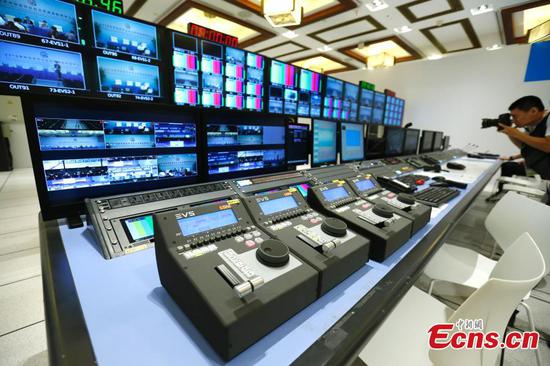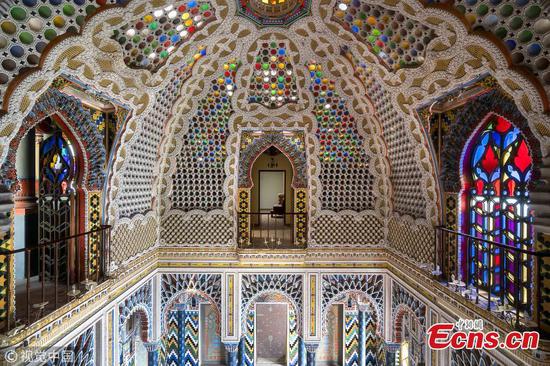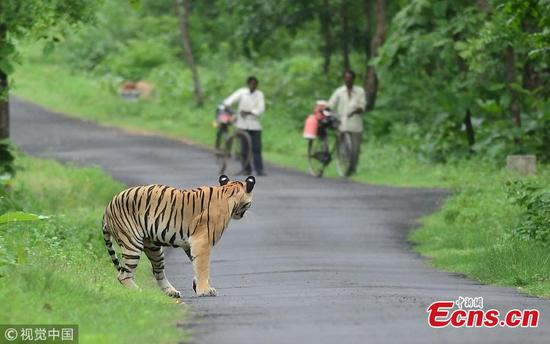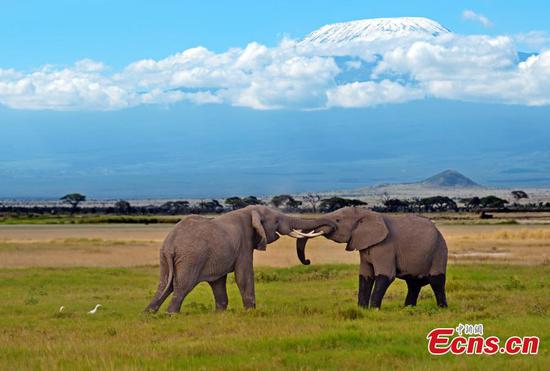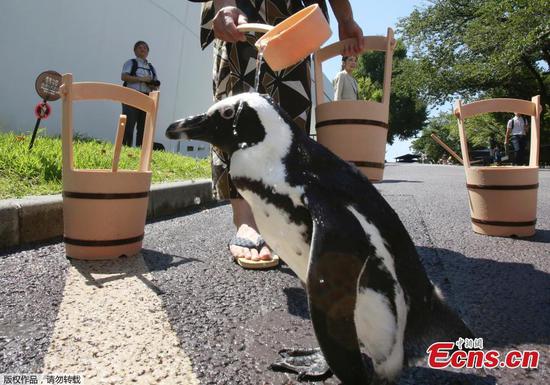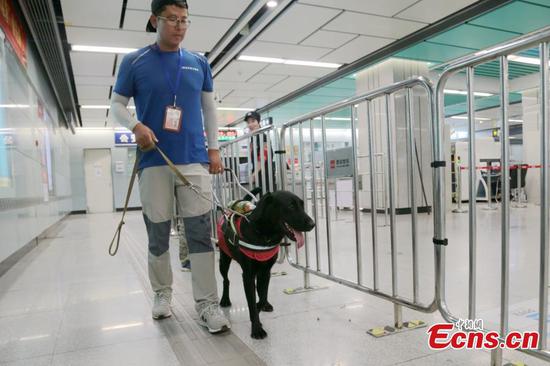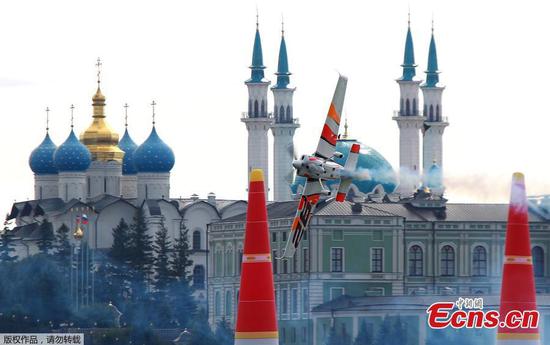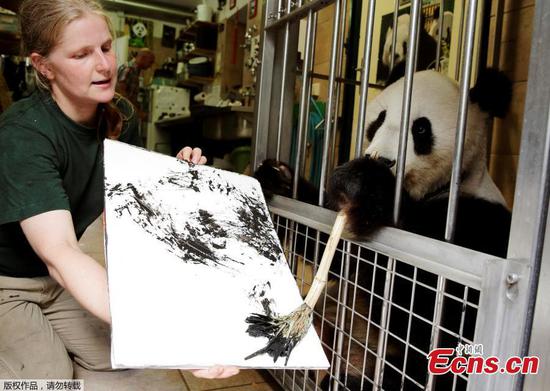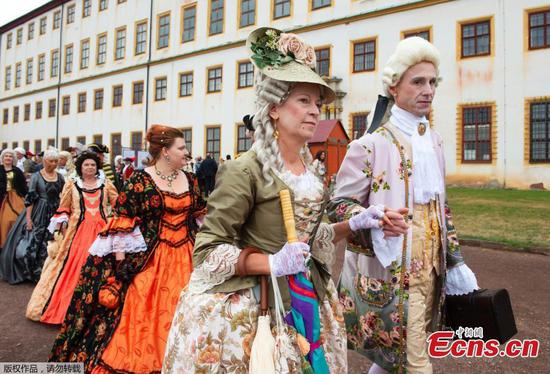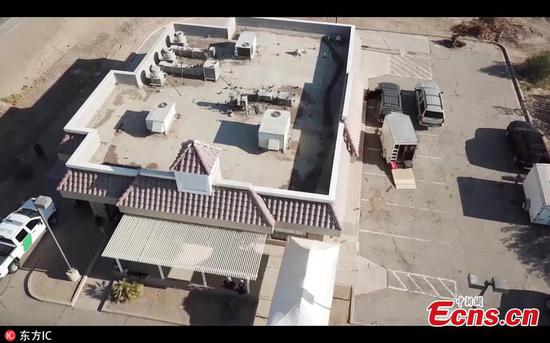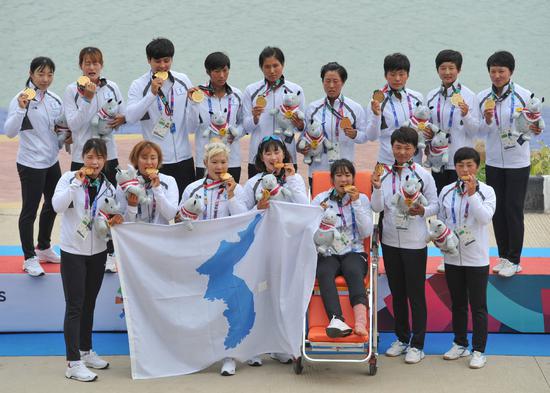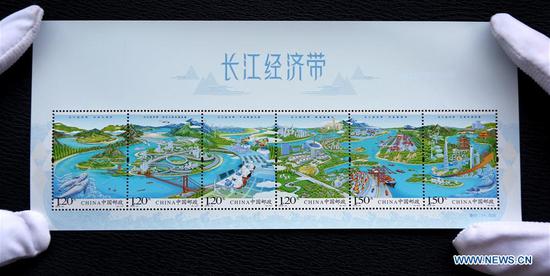While globalization draws blame for inequality, China and African countries are determined to forge ahead and build an example of inclusive cooperation in which no participants will be left behind.
In a few days, the Beijing Summit of the Forum on China-Africa Cooperation will open.
Observers consider it a milestone event that will further cement the relations between a world's major economy that rose to success over the past decades and a continent with rapid growth and great potential.
Through closer ties, the two sides can work together to put forward a solution to tackle the challenge of uneven and insufficient development facing all countries.
It is widely acknowledged that a gulf is still looming between rich and underdeveloped countries, known as the North-South gap. Also, development levels vary within the same region.
But the plight will hopefully be eased in Africa. As investment and trade surge, China is effectively sharing capital, experience, technology and talent with African countries. With roads and factories built, the continent is fostering a stronger endogenous capacity to pursue a green and prosperous future. More jobs are now available for locals, and a better quality of life is on the horizon as poverty reduces steadily.
Industrialization should be the premise of inclusive and the sustainable development of Africa.
Chinese leaders have reiterated that the country will not follow the colonial ways of the past, and Africa's development will not be at the cost of the environment or long-term interests.
With high-standard, win-win cooperation, the two sides will jointly push globalization toward a more inclusive path that allows even the least developed countries to get involved in international division of labor and enjoy the benefits.











